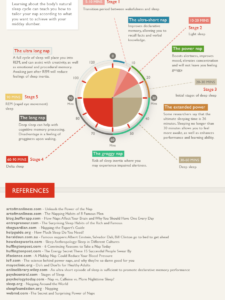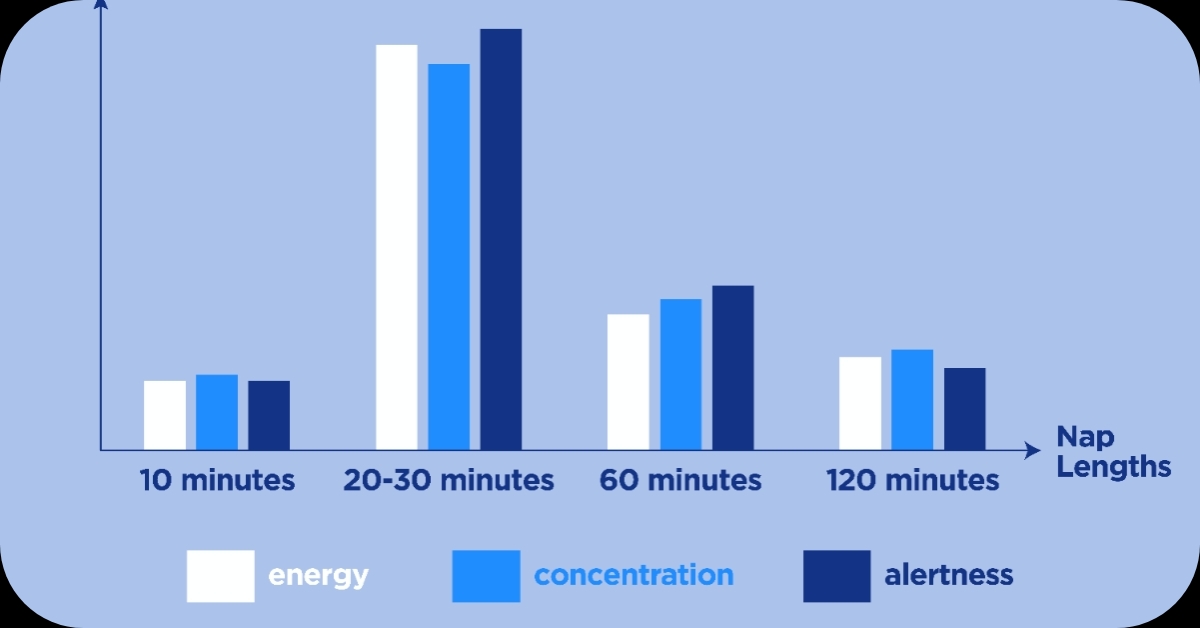In today’s fast-paced world, where the pressure to stay productive is immense, many people overlook the importance of rest. However, the story of a Japanese man who swears by a 30-minute nap each day offers a compelling perspective on the benefits of this simple habit. This blog explores the science behind short naps, how they impact productivity, and why more people should consider incorporating them into their daily routine.

The Japanese Napping Culture
Japan is known for its unique work culture, which often includes long hours and high stress. However, it’s also a country that recognizes the value of rest, even in small doses. The practice of “inemuri,” or sleeping on the job, is widely accepted in Japan, symbolizing dedication and hard work. In this context, the habit of taking a short, 30-minute nap aligns perfectly with the cultural understanding that rest is a critical component of productivity.
The Science Behind a 30-Minute Nap
Research has shown that short naps can have significant cognitive benefits. According to sleep experts, a 30-minute nap is just the right amount of time to recharge the brain without causing sleep inertia—the groggy feeling you get after sleeping too long. These naps, often referred to as “power naps,” help improve memory, learning, and mood. They also reduce stress and can even lower the risk of heart disease. For the Japanese man in our story, this daily ritual is not just a break but a tool for maintaining peak performance throughout the day.
How a 30-Minute Nap Boosts Productivity
In a society that often equates busyness with success, taking a nap might seem counterproductive. However, the opposite is true. By allowing the brain to rest and reset, a short nap can significantly enhance focus, creativity, and decision-making skills. Many successful individuals, from Winston Churchill to Bill Gates, have extolled the virtues of napping. For the Japanese man who has made a 30-minute nap part of his daily routine, the results are clear: better concentration, higher efficiency, and improved overall well-being.
The Perfect Nap Routine: Tips from the Japanese Man
To get the most out of a 30-minute nap, it’s important to create the right environment. Here are some tips inspired by the Japanese man’s routine:
- Choose the Right Time: The best time to nap is usually between 1:00 PM and 3:00 PM when your energy levels naturally dip.
- Find a Quiet Space: A calm, quiet environment is key to falling asleep quickly and enjoying a restful nap.
- Set an Alarm: To avoid oversleeping, set an alarm for 30 minutes. This ensures you wake up feeling refreshed rather than groggy.
- Relax Beforehand: Take a few minutes to unwind before your nap. Simple breathing exercises or listening to soothing music can help you drift off faster.
Embracing the 30-Minute Nap in a Global Context
While the concept of a short nap is deeply ingrained in Japanese culture, it’s gaining popularity worldwide. Companies like Google and NASA have introduced nap pods in their offices, recognizing that well-rested employees are more productive and creative. The Japanese man’s commitment to his 30-minute nap serves as a reminder that rest should be a non-negotiable part of our daily lives, regardless of cultural background.
Conclusion: The Key to Sustainable Success
In conclusion, the story of a Japanese man who relies on a 30-minute nap to stay productive offers valuable lessons for us all. In a world where burnout is increasingly common, embracing the power of a short nap can lead to better health, improved productivity, and a more balanced life. Whether you’re in Japan or anywhere else in the world, consider making a 30-minute nap part of your daily routine—your body and mind will thank you.



















